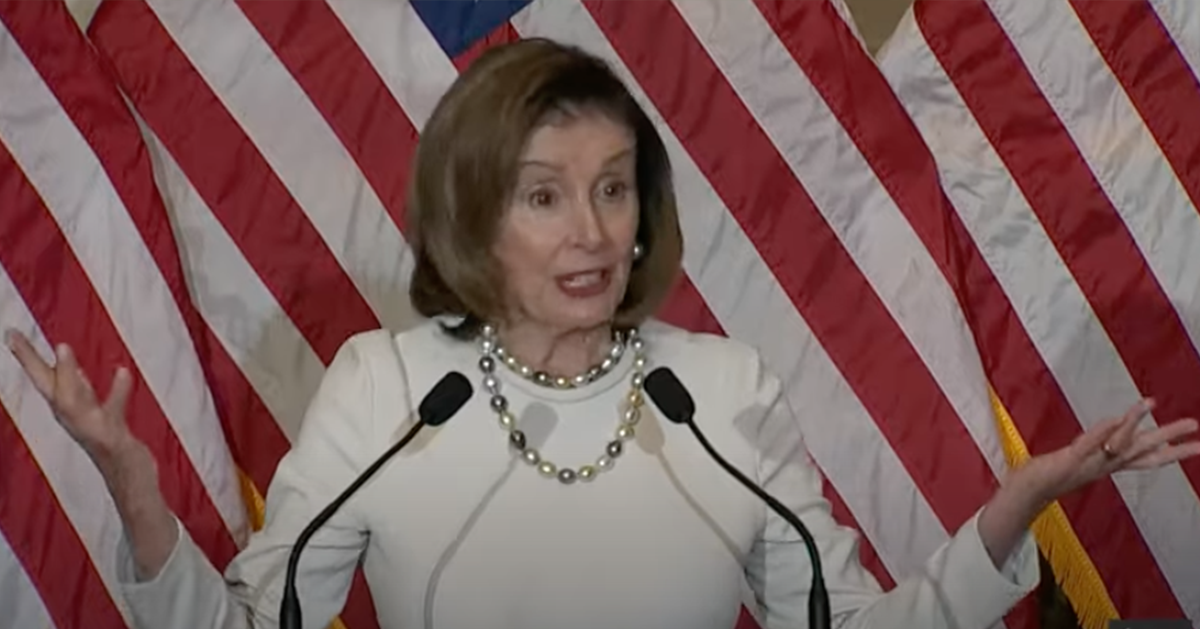FCC Restores Obama-Era Net Neutrality Under Democratic Leadership
In a notable policy shift, the Federal Communications Commission (FCC) has reinstated net neutrality rules from the Obama era.
Breitbart reported that the reinstatement of net neutrality has reignited discussions on the regulation's impacts and necessity, as Breitbart reported.
The Obama-era net neutrality regulations aimed to prevent ISPs from blocking, throttling, or engaging in paid prioritization of internet service. President Donald Trump's administration, led by then-FCC Chairman Ajit Pai, removed these rules.
Recently, the FCC, now with a Democrat majority, reversed this decision by voting to restore these regulations. This move reintroduced rules from Title II of the Communications Act, treating ISPs more like public utilities.
However, the decision faced criticism. FCC Commissioner Brendan Carr opposed the revival, describing it as a power maneuver by the administrative state.
Debating The Impact Of Net Neutrality
Big Tech Concerns Underline Regulatory Debates
Looking Beyond Net Neutrality
Despite controversies, Adam Brandon, President of FreedomWorks, reminded of the exaggerated fallout predicted when net neutrality was initially repealed. "We were told when the policy was repealed under the Trump administration that the internet was over. Sure enough, that wasn't the case," he noted.
Czerniawski suggested the FCC should focus on alternative measures. "Rather than bringing back a partisan scheme that makes our internet worse, the FCC should be focused on restoring its spectrum authority and working to close the digital divide," he recommended.
As debates continue, it's clear that net neutrality and broader digital regulations remain contested and evolving topics affecting numerous aspects of American digital life.





